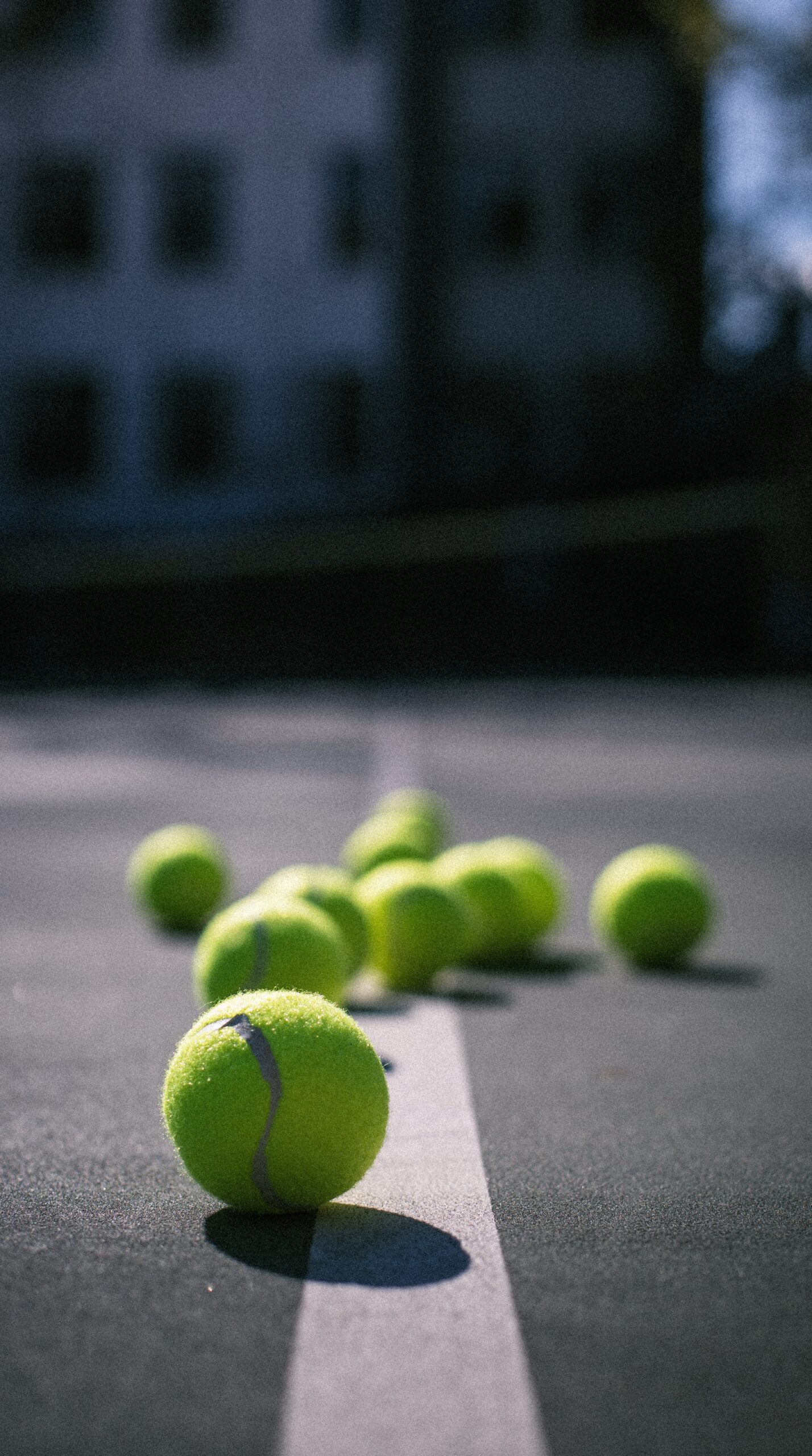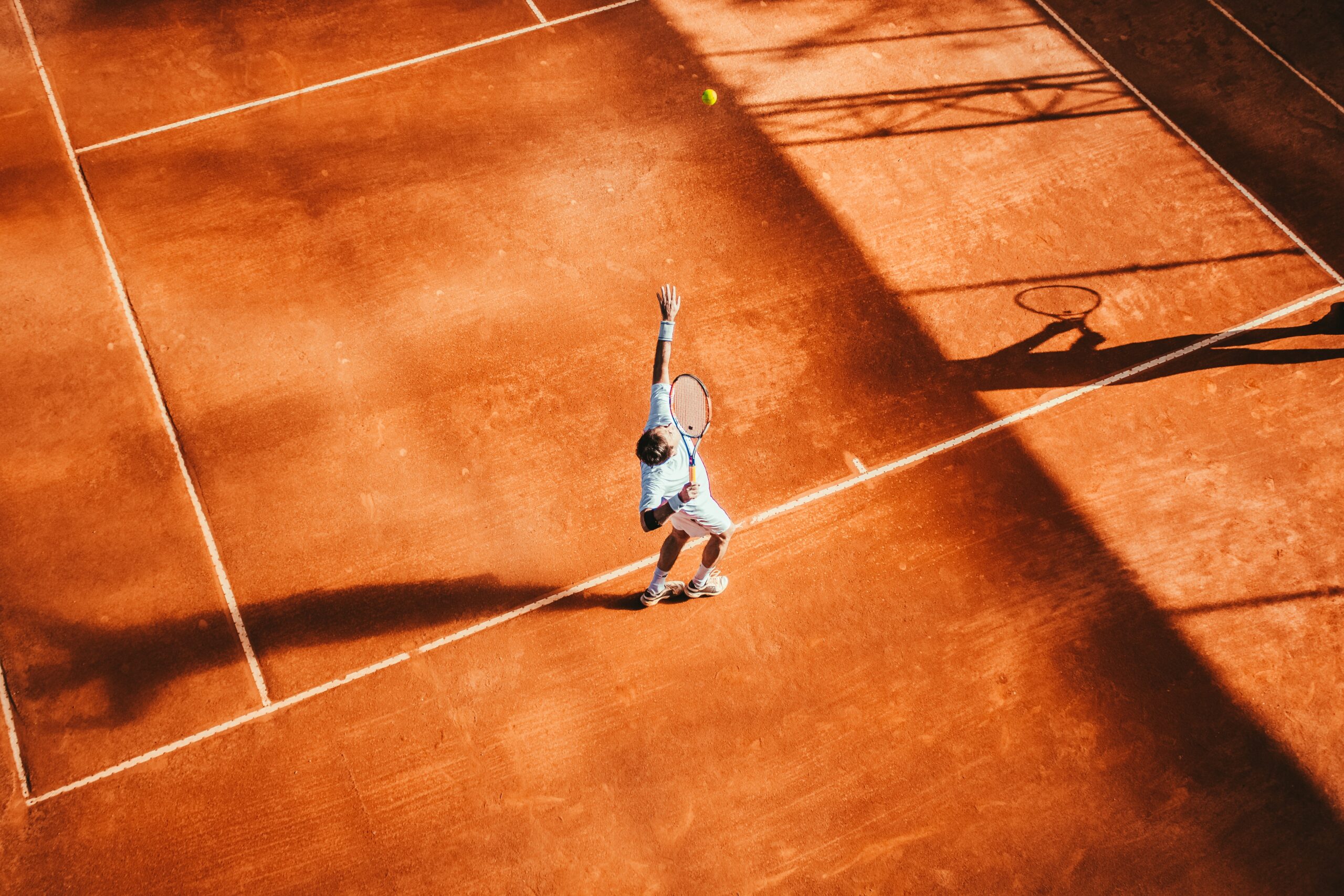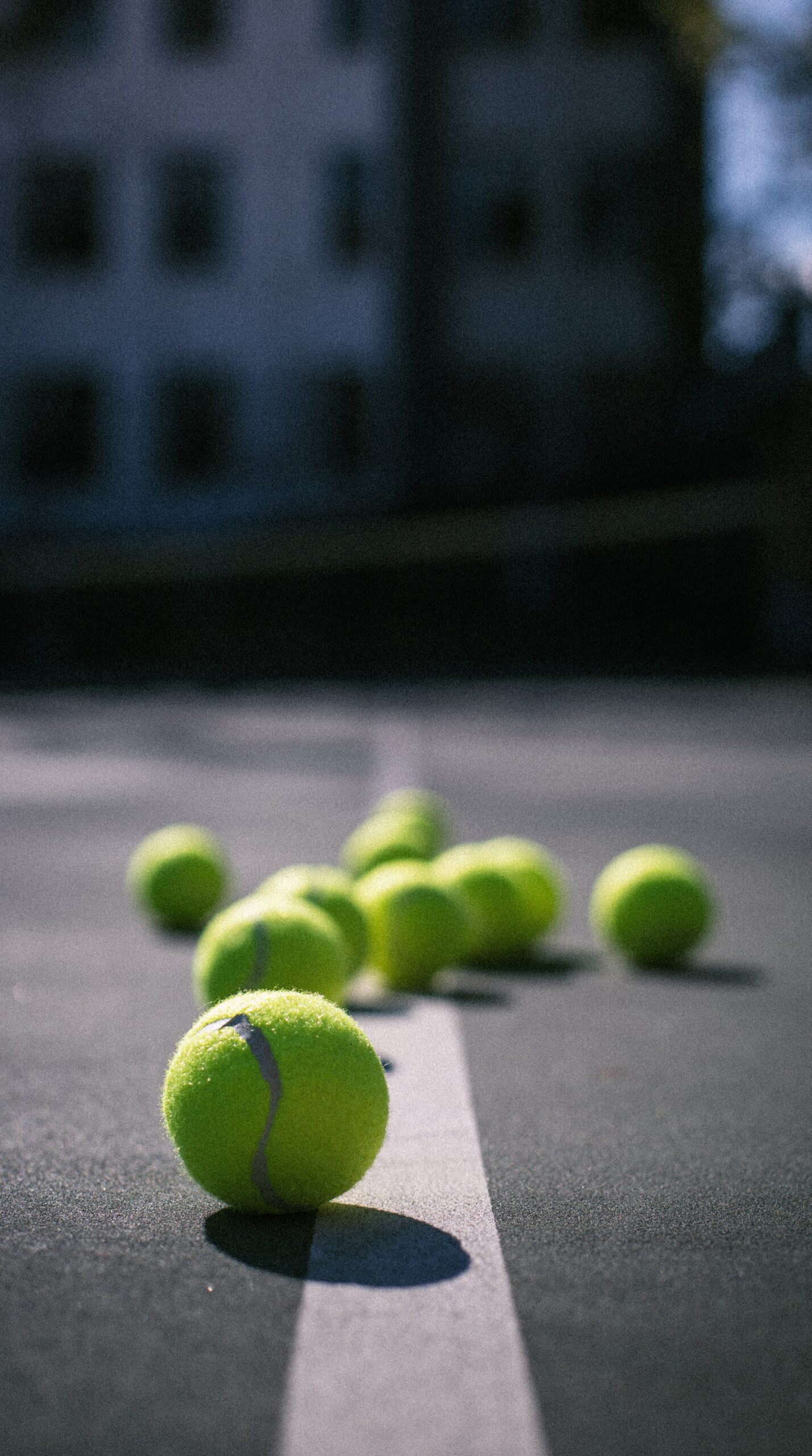When it comes to teaching your child the art of staying focused during a tennis match, consistency is key. By incorporating a few simple strategies and practicing them regularly, you can help your child develop the mental stamina needed to stay on track. Whether it’s encouraging goal-setting, teaching visualization techniques, or emphasizing the importance of deep breathing, these tips will not only improve their performance on the court but also carry over into other areas of their life. With your guidance and support, your child will have the tools they need to maintain focus and excel in their tennis matches.
Understanding the Importance of Focus in Tennis
Tennis is a sport that requires not just physical prowess, but also mental strength and focus. The ability to maintain one’s concentration and focus amidst the pressures of a match is key to achieving success on the court. Understanding why focus is important in tennis and how a lack of focus can affect performance is crucial for players of all levels.
Why is focus important in tennis?
Focus is essential in tennis for several reasons. Firstly, it allows players to fully engage with the game and make split-second decisions about shot selection, footwork, and strategy. Without focus, players may become easily distracted or make hasty, uncalculated decisions, leading to errors and missed opportunities.
Furthermore, maintaining focus enhances a player’s ability to anticipate their opponent’s moves and adapt accordingly. By attentively observing their opponent’s body language and shot placement, a focused player can better anticipate their next move and respond effectively.
Lastly, focus is important for mental resilience. Tennis matches can be highly competitive and emotionally demanding, requiring players to stay composed, even in challenging situations. By staying focused, players can better manage their emotions, maintain a positive mindset, and bounce back from setbacks.
How does lack of focus affect performance in tennis?
A lack of focus can have detrimental effects on a player’s performance in tennis. When a player fails to maintain their focus, they become more susceptible to distractions, both internal and external. External distractions such as crowd noise or environmental factors can disrupt a player’s concentration, causing them to lose their rhythm and make errors.
Internally, a lack of focus can lead to negative thoughts and self-doubt, which often results in a decline in performance. When a player’s mind wanders, they may lose track of their game plan, become indecisive, and struggle to execute their shots effectively.
Additionally, a lack of focus can erode a player’s resilience and mental toughness. Instead of staying composed and maintaining a positive mindset, they may become frustrated, lose motivation, and dwell on past mistakes, further contributing to a decline in performance.

Developing Mental Skills for Focus
To enhance focus in tennis, it is essential to develop mental skills that enable players to stay engaged and present in the moment. The following strategies and techniques can aid in cultivating a focused mindset.
Setting clear goals
Setting clear and achievable goals is instrumental in maintaining focus in tennis. By defining specific objectives for each match or practice session, players have a sense of purpose and direction. These goals can range from technical or tactical improvements to mental or emotional objectives.
By focusing on specific goals, players are better able to filter out distractions and stay in the present moment. Additionally, having goals provides a sense of motivation and purpose, which can further enhance concentration and effort.
Creating a routine
To enhance focus, it is helpful to establish a pre-match or pre-practice routine. Routines create a sense of familiarity and preparation, allowing players to enter a mental state of readiness.
A routine can involve both physical and mental preparation, including warm-up exercises, visualization techniques, and focusing exercises. By consistently following a routine, players can train their minds to enter a focused state automatically, reducing the impact of external distractions.
Managing distractions
Distractions are inevitable in tennis, but learning how to manage them is crucial for maintaining focus. Players can develop strategies to minimize distractions, such as creating mental cues or rituals to refocus their attention when distractions arise.
Additionally, it can be helpful to practice selective attention by deliberately focusing on relevant cues, such as the ball or the opponent’s movements. By filtering out irrelevant stimuli, players can enhance their focus on the task at hand.
Utilizing visualization techniques
Visualization is a powerful technique for enhancing focus and performance in tennis. By mentally rehearsing specific scenarios, players can train their minds to stay focused and make accurate decisions during matches.
Visualization can involve imagining successful shots, strategic moves, or specific scenarios that may occur during a match. By vividly visualizing these scenarios, players create neural pathways in their brains, priming their muscles and mind for optimal performance.

Building Physical Stamina and Endurance
The importance of physical fitness cannot be overstated when it comes to maintaining focus in tennis. Physical stamina and endurance are key components of staying focused throughout a match, as fatigue can lead to mental lapses and a decline in performance. The following strategies can help players build their physical stamina and endurance.
Importance of physical fitness in maintaining focus
Physical fitness plays a critical role in maintaining focus during a tennis match. When players are physically fit, they have more energy and mental resilience to stay engaged and focused throughout the entire match.
Furthermore, physical fitness improves oxygen uptake and circulation, which enhances cognitive function and mental clarity. Regular cardiovascular exercise, strength training, and flexibility exercises not only improve physical stamina but also contribute to improved mental stamina.
Specific exercises for improving stamina and endurance
There are several exercises that specifically target stamina and endurance in tennis. These exercises can be incorporated into a player’s training regimen to enhance their physical fitness and, consequently, their ability to maintain focus on the court.
Cardiovascular exercises such as running, cycling, or swimming are excellent for improving overall endurance. These exercises increase the cardiovascular capacity, allowing players to sustain high levels of activity for extended periods. Interval training, which involves alternating between high-intensity bursts and lower-intensity recovery periods, can further enhance endurance.
In addition to cardiovascular exercises, incorporating strength training exercises targeting the muscles used in tennis is essential. Exercises such as lunges, squats, and planks strengthen the legs, core, and upper body, enhancing overall physical endurance.
Lastly, incorporating agility and footwork drills into training sessions can improve players’ on-court movement, reducing fatigue and allowing them to maintain focus for longer durations.

Improving Concentration through Mindfulness
Improving concentration through mindfulness in tennis can be a game-changer for players seeking to elevate their performance on the court. Mindfulness techniques enable athletes to stay fully present in the moment, honing their ability to focus on the task at hand and remain unruffled by external distractions. In tennis, this translates to a heightened awareness of the ball’s trajectory, the opponent’s movements, and one’s own body positioning. By practicing mindfulness meditation, players can develop the mental resilience needed to navigate the highs and lows of a match with poise and precision. This enhanced concentration not only fosters better shot selection and decision-making but also bolsters overall confidence, transforming a player into a formidable force on the tennis court.


